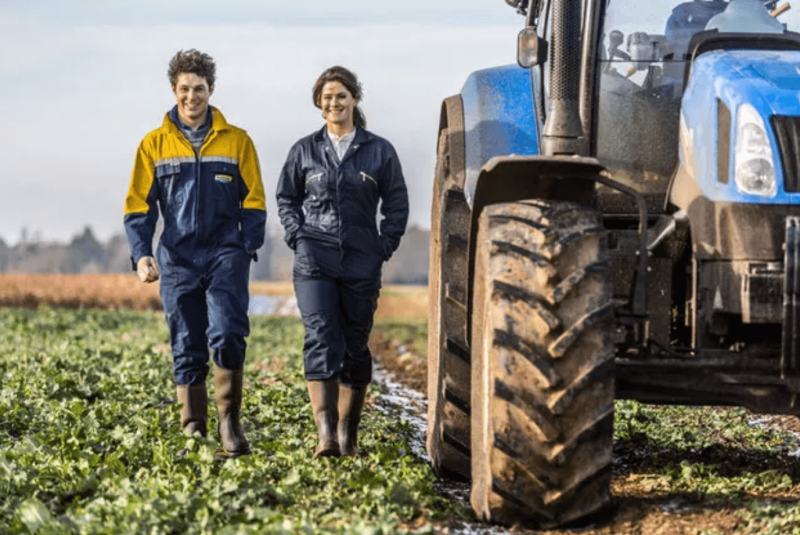With timeframes beginning to take shape for the Agriculture Bill and Environment Act, Michael Gove is presented with a number of exciting opportunities for supporting and developing the agricultural sector and rural economy post-Brexit. Although leaving the EU raises certain challenges for the sector, opportunities for a forward looking and open-minded minister are presenting themselves, especially for the future of agri-tech and crop science.
Currently, the future of crop science is being stymied by the logistical quirks of EU membership.
…
Around 50 GMO crops have been authorised by the EU to date. However, wrangling and politics within the European Parliament have meant that many GMOs proven to be safe are still tied up in the pipeline.
Leaving the EU therefore presents opportunities for the UK to explore streamlined licencing of these hitherto tied up products, and even consider the integration of GMOs at home.
…
A minister that doesn’t get distracted by the background noise of “Frankenstein food” has the chance to make a lasting and profound impact on the sector.
Editor’s note: Alex Tiley is a consultant at Dods Monitoring, a UK political intelligence service
Read full, original post: The future of food: will Defra embrace GMOs post-Brexit?































